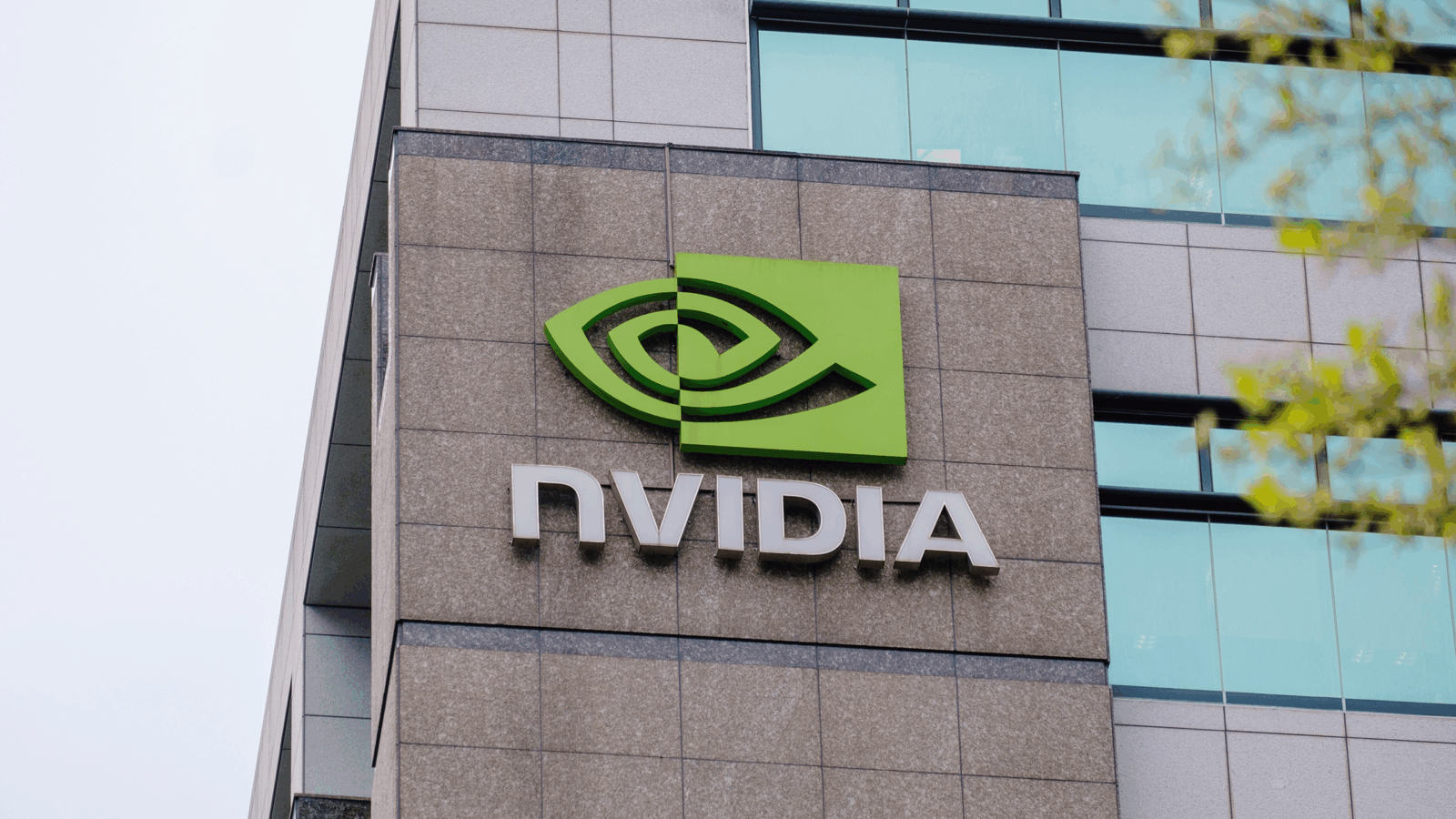Startup ElevenLabs Is AI’s Newest Unicorn After Latest Fundraising Round
The AI software company is sporting a new valuation of more than $1 billion after its latest $18 financing round.

Sign up for smart news, insights, and analysis on the biggest financial stories of the day.
Voice impersonation has come a long way since Kevin McCallister used a Tiger Electronics Talkboy to mimic his father in Home Alone 2.
After its latest round of funding, ElevenLabs — a startup that uses AI software to translate audio into multiple languages — has reached unicorn status, Bloomberg reported. It’s the latest example of tech investors dumping money into AI that creates almost life-like speech, images, and video. What could go wrong?
I Know That Voice
ElevenLabs said Monday it raised $80 million in funding from investors including venture capitalist firms Andreessen Horowitz, Sequoia Capital, and entrepreneurs Nat Friedman and Daniel Gross. So far, the two-year-old company has raised more than $100 million, and its valuation is now $1.1 billion.
Much of ElevenLabs’ work has been creating audio for books and video games, but with the new funding, CEO Mati Staniszewski told Bloomberg the company wants to expand into film dubbing and creating AI actors.
This of course won’t sit well with actors, writers, or anyone worried about AI-generated scams:
- Labor guilds for Hollywood writers and actors both went on strike last year as they negotiated new contracts with major studios, with a key concern being the risk that their jobs or likenesses get replaced by AI. The American Federation of Musicians could be on the verge of striking for the same reason. Staniszewski said he doesn’t want ElevenLabs to overtake writers, actors, and animators, but rather it be a useful tool for those in the entertainment industry.
- Programs like the ones ElevenLabs develops could be used in scams, fake news, and political campaigns. We’ve already seen high-profile officials use AI images to try and dupe the public. Last year, Florida Governor Ron DeSantis’ campaign released an attack video against Donald Trump, featuring fake images of the former president kissing Anthony Fauci. Staniszewski said ElevenLabs is planning to add more members to its moderation team and that “99% of use cases we are seeing are in the positive realm.”
What’s Real Anymore? Many AI programs create audio and visuals that are less than convincing. They might look real at first glance, but then you’ll start to notice abnormalities — eyes are different colors, faces look toy-like and stilted, and just like actual art, hands seem nearly impossible to duplicate. But they’re good enough to fool a lot of the people a lot of the time, as shown by a recent story in The New York Times that lets readers test their AI-detecting abilities on a series of 10 portrait-style photos. The results will have a lot of people asking if “seeing is believing” matters anymore in the 21st century.











